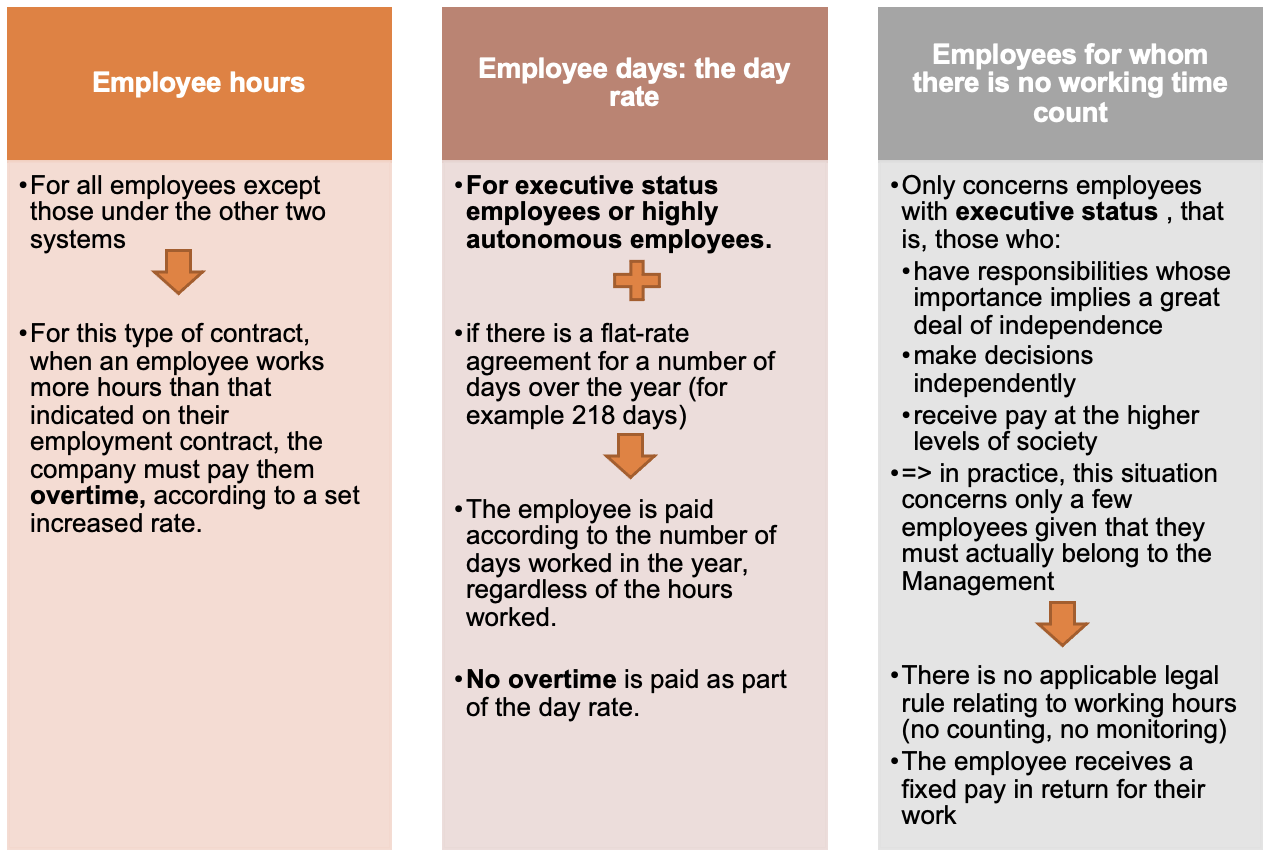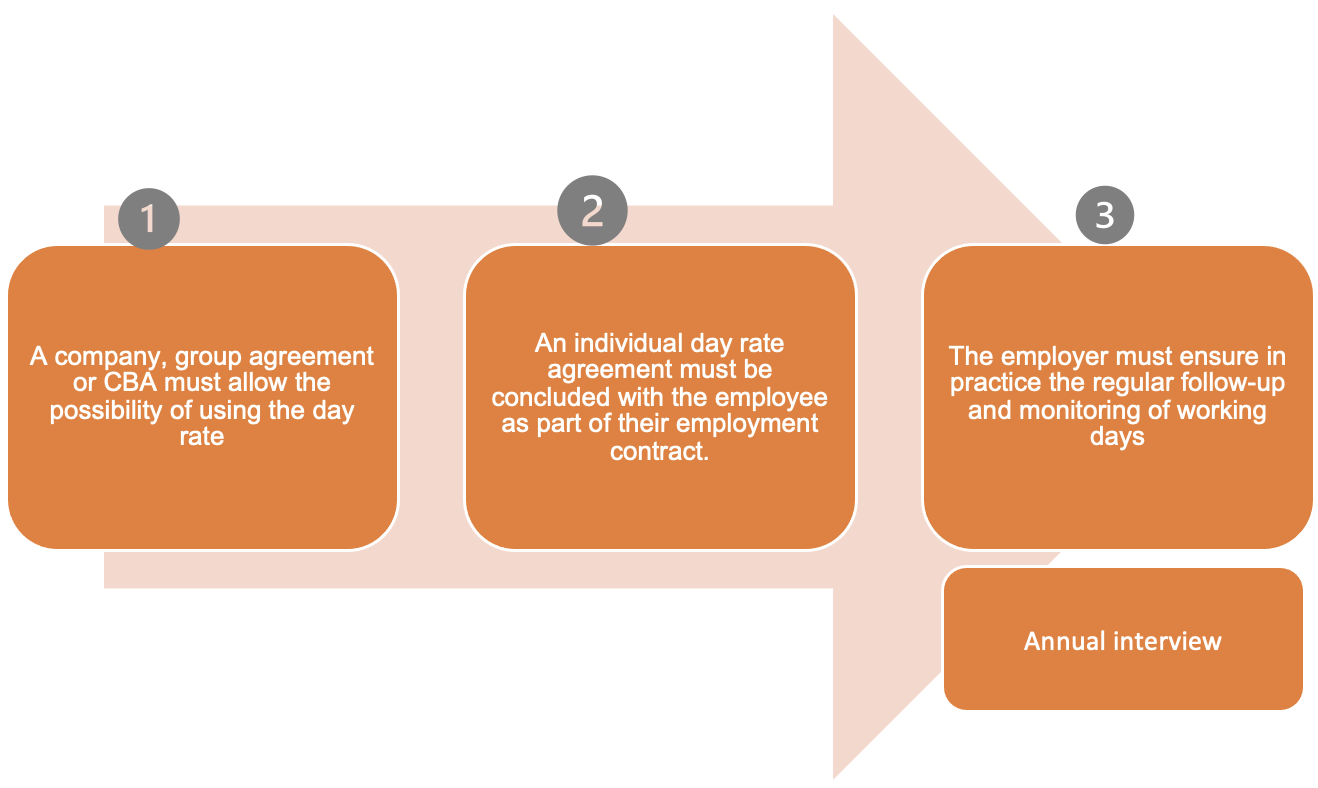Actance Tribune
What's NEW under French Employment Law?
N° 11 – December 5, 2022
MISAPPROPRIATION BY AN EMPLOYEE OF COMPANY DOCUMENTS IN THE CONTEXT OF A DISPUTE WITH THEIR EMPLOYER: REMINDER OF THE VALIDITY CONDITIONS
Court of Cassation – social division, November 9, 2022, number 21-18.577
The temptation is often great for employees against whom disciplinary action has been taken or who are themselves considering taking Labour court action against their employer to divert company documents in order to ensure their defence.
Is such an approach lawful or does it, on the contrary, constitute theft?
French case law allows employees to obtain company documents under two conditions:
- The first is that the employee must have obtained these documents as part of his/her duties. This means that the employee shall not use other means to obtain the documents nor obtain them from another employee.
- Secondly, the documents in the employee’s possession must be necessary for the exercise of his/her rights of defence in the context of the labour court dispute the employer.
In a judgment given on November 9, 2022 (n ° 21-18.577), the Court of Cassation – the highest French court which rules exclusively on the application of the law – was questioned on the conditions under which an employee can divert company documents in order to ensure their defence.
In this judgment, the Court of Cassation considers that the circumstances in which the employee transferred the documents to himself – namely after the start of a dismissal procedure – are not enough to consider his approach as lawful.
Judges must indeed study, on a case-by-case basis, not only the context in which the documents are diverted, but also the type of documents and their purpose.
In this case, an employee had been dismissed for serious misconduct for having twice transferred highly confidential information to his personal email.
The first time, the employee transferred information that he had received by mistake from the Company to his personal email.
A few days after being convened to a preliminary dismissal interview, the employee transferred 256 professional emails to his personal mailbox.
The Court of Appeal ruled out serious misconduct.
On the one hand, the court decided that the company’s IT charter certainly recalled the principle of information confidentiality but did not in fact prohibit the transfer of emails to personal email addresses.
On the other hand, the trial judges noted that the transfer of the emails had taken place in the context of a dismissal procedure and that it could be deduced from this that they were necessary for the exercise of the employee’s rights of defence with a view to the labour court proceedings which he had initiated.
SUPREME COURT DECISION
The Court of Cassation considers that the judges of the Court of Appeal should have determined “whether the employee established that the documents in question were strictly necessary for the exercise of his defence rights in the dispute between them and their employer upon their dismissal”.
Thus, only the fact that the employee sent himself some of the documents in the context of a dismissal procedure does not allow to presume that these documents are necessary for the exercise of his defence rights.
The employee must demonstrate that all the documents that he has transferred are actually relevant in order to ensure his defence in the labour court dispute against his employer.
CONSEQUENCES
The second Court of Appeal, which will have to review this case, will then have to decide whether in this case the two transfers made by the employee, before and after the beginning of the dismissal procedure, are indeed fraudulent.
In any case, employees cannot systematically transfer documents to themselves without being able to demonstrate that these documents are necessary for their defence in the context of a dispute between them and their employer.
More information:
Should employees fail to demonstrate that they accessed the documents misappropriated during their duties and that they are strictly necessary for the exercise of their defence rights in the labour court dispute against their employer, they may be subject to criminal sanctions.
The following was deemed to constitute theft:
- An employee who copies 190 files covering a period of 3 years while the dispute likely to arise between himself and his employer relates only to the payment of bonuses and commissions for the past year (Court of Cassation – criminal division, 7 Nov. 2018, number 17-82.459).
- The employee who photocopies company documents, not to ensure his defence in a Labour court dispute, but to produce them during his hearing by the gendarmes following a complaint filed against him for defamation by the employer in order to prove the veracity of his statements (Court of Cassation – criminal division, 9-6-2009 Number 08-86.843).
- An employee who, at the time of his resignation to join a competing company, takes his employer’ files without the purpose of ensuring their defence during a Labour court dispute (Court of Cassation – criminal division, 21-6-2011 Number 10-87.671).

The day rate
In France, the calculation and monitoring of working hours are both governed by certain legal texts and case law decisions.
There are three systems for counting employee working time:

In France, many companies use day rate agreements for their executive status employees.
Nevertheless, the law lays down a criteria for the day rate to be considered formal and enforceable.

The conditions for monitoring, both formal and by the employer are cumulative and concern:
- the reality of the employee’s right to disconnect,
- the follow-up of their workload,
- compliance with employee’s rest time.
Moreover, an annual interview must be held to discuss the workload as well as the professional and family life relationship.
Case law is particularly strict on the subject and, consistently, the judges consider that the failure to conduct the annual interview is likely to call into question the validity of the day rate.
Compliance with these conditions is essential, otherwise, the employee can legitimately question the validity of their daily rate. Should there be a dispute over the day rate, the financial risks for the company can be significant.
More information:
In practice, in disputes involving managerial employees on fixed day rates, usually the employee attempts to contest their fixed day rate.
What does the employee gain by contesting their day rate? Should the judges consider the day rate agreement invalid, then the employee can claim the payment of 3 years’ overtime.
Thus, in this case, all the hours worked over 35 hours per week must be paid as overtime, at the increased rate.
In recent years, the French Supreme Court has identified certain principles allowing companies to reduce the amount of back pay however, the financial penalties are still steep if there is a conviction.
For this reason, Actance regularly assists our clients in order to secure day rate agreements upstream, and to align company practices with legal requirements.